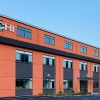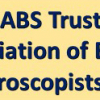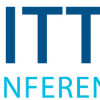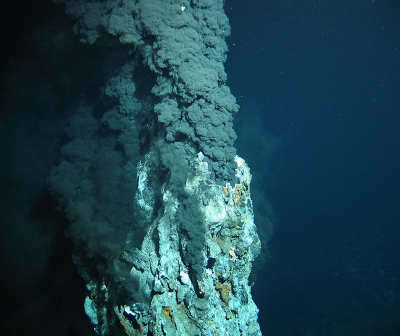
For the first time, scientists at the Laser Zentrum Hannover e.V. (LZH) have succeeded in measuring zinc samples at a pressure of 600 bar using laser-induced breakdown spectroscopy (LIBS). They were able to show that the LIBS system developed at the LZH is suitable for use in the deep sea at water depths of up to 6000 m.
Locating mineral resources on the sea floor has so far been rather expensive. In order to reduce the costs, the LZH is working with eight other European partners to develop a laser-based, autonomous measuring system for underwater use by 2020. The system is intended to detect samples, such as manganese nodules, and analyse their material composition directly on the deep-sea floor.
For this purpose, the scientists at the LZH are developing a system for LIBS within the scope of the EU ROBUST project.a In order to test the LIBS system developed by LZH under deep-sea conditions, a special pressure chamber was designed and manufactured. This can simulate a water depth of 6500 m with a pressure of up to 650 bar. The chamber is suitable for both freshwater and saltwater. Through a viewing window, the laser radiation enters the pressure chamber with the test sample to be analysed.
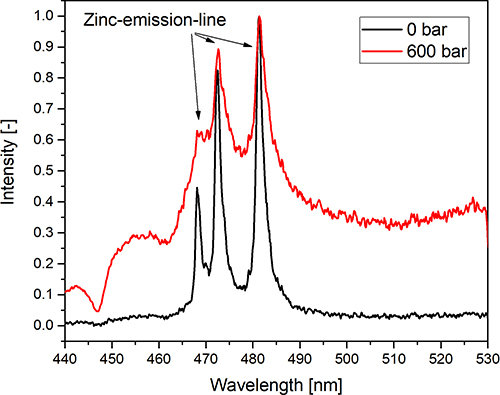
For the first time, a zinc sample was measured at 600 bar water pressure using the LIBS system developed by the LZH. Emission lines of zinc in the range between 465 nm and 485 nm at 0 bar (black) and at 600 bar (red). Credit: LZH
aThe project “Robotic Subsea Exploration Technologies – ROBUST” (grant number: 690416) is funded by the European Union within the framework of the Horizon 2020 programme.






